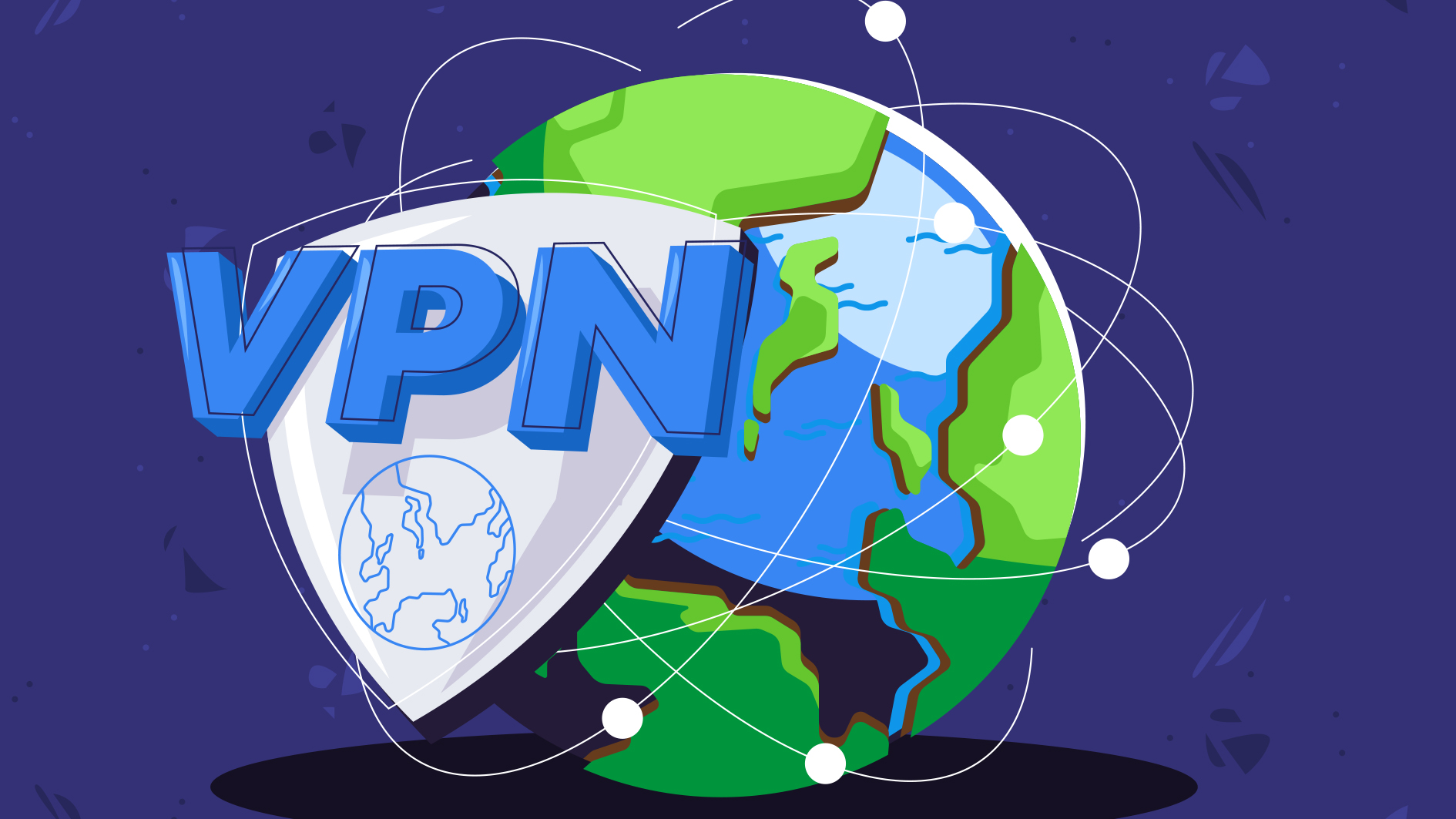Why are there so many VPN apps, and how do you avoid the scams?
Springing up like digital daisies, VPN apps may be more dangerous than you think

Here at Tom’s Guide our expert editors are committed to bringing you the best news, reviews and guides to help you stay informed and ahead of the curve!
You are now subscribed
Your newsletter sign-up was successful
Want to add more newsletters?

Daily (Mon-Sun)
Tom's Guide Daily
Sign up to get the latest updates on all of your favorite content! From cutting-edge tech news and the hottest streaming buzz to unbeatable deals on the best products and in-depth reviews, we’ve got you covered.

Weekly on Thursday
Tom's AI Guide
Be AI savvy with your weekly newsletter summing up all the biggest AI news you need to know. Plus, analysis from our AI editor and tips on how to use the latest AI tools!

Weekly on Friday
Tom's iGuide
Unlock the vast world of Apple news straight to your inbox. With coverage on everything from exciting product launches to essential software updates, this is your go-to source for the latest updates on all the best Apple content.

Weekly on Monday
Tom's Streaming Guide
Our weekly newsletter is expertly crafted to immerse you in the world of streaming. Stay updated on the latest releases and our top recommendations across your favorite streaming platforms.
Join the club
Get full access to premium articles, exclusive features and a growing list of member rewards.
We know a thing or two about the best VPNs here at Tom's Guide. We've spent years covering the latest updates and reviewing the most prominent names in the game. But even we are caught off guard every now and then by a name we've never seen before.
One search of the App Store or Google Play store will reveal that there are hundreds (if not thousands) of VPNs, with new ones popping up almost every day. In a way that's great - more competition means a better product at a better price - but many of these VPNs are unaudited, untested and a massive risk to install.
Why are there so many VPNs?
The simple answer to this question is that the world is finally waking up to the importance of having access to a VPN. Of course, where there's an audience, there will be businesses to fill a gap in the market. Given the inherently global nature of VPNs too, providers can offer their services worldwide, not just in local markets.
It's also cheap and fairly straightforward to set up a substandard VPN service, you just need a website and some inexpensive servers. They don't even have to actually exist in other countries, they can be completely virtual servers. The low overheads of this coupled with the fact you don't need a brick and mortar bulding means you can almost set the network up and forget all about it.

We put the same question to some leading VPN providers who had their own explanations:
I spoke with Yegor Sak (Co-Founder of Windscribe VPN) about the rise of dodgy VPNs and he explained that the fault lies in disreputable affiliate marketing sites that recommend VPN services based on who pays the most, rather than who's offering the best service. He explained that "it's very tempting to spin up a fly-by-night VPN service, pay some VPN review sites and start getting customers."
Interestingly, while it may feel to us like the industry is busier than ever, for Jan Jonsson, CEO at Mullvad, the opposite is true. "When I started in 2016, there were at least 600 VPN providers I could find on the net." He said that he believed the industry is getting tougher and there are now actually "maybe only 10 really big providers."
Whatever the case, please take care that you know what you're signing up for when you subscribe to any VPN. There may be a wealth of VPN options, but only a fraction are worth your time.
Our VPN team at Tom's Guide are privacy advocates first and journalists second. We have an in-depth VPN testing methodology, and only rank VPNs based on the merits of their service.
How to spot a suspicous VPN
All of the VPNs we recommend, whether they are premium services or the best free VPNs, are legit. On the App Store and Google Play Store, the number of downloads and review scores are a handy initial indicator but not a perfect system. We've seen less reputable apps with millions of users and great review scores. Luckily there are some easy questions you can ask yourself to spot the more unsophisticated scams.
Visit a VPN's website (if they don't have one that's a red flag) and look through the privacy policy. Does it contradict itself or even openly admit to collecting your data? The leading VPNs feature proven "no logs" policies that have been audited. One of the biggest selling points of a VPN is privacy and if it's collecting your IP address, browser history or any similar information then you should look elsewhere.
Another question to ask is, how does the VPN business make money? If it's a free VPN does it sell your information, sign your device up to be part of a larger network or even (as users in Dubai recently found out) steal from you? If you do want a free VPN, we suggest going for a service that also has a premium option, because it's clear they make money by selling upgrades, not anything more suspicious.
Andy is a freelance writer with a passion for streaming and VPNs. Based in the U.K., he originally cut his teeth at Tom's Guide as a Trainee Writer before moving to cover all things tech and streaming at T3. Outside of work, his passions are movies, football (soccer) and Formula 1. He is also something of an amateur screenwriter having studied creative writing at university.
 Club Benefits
Club Benefits










